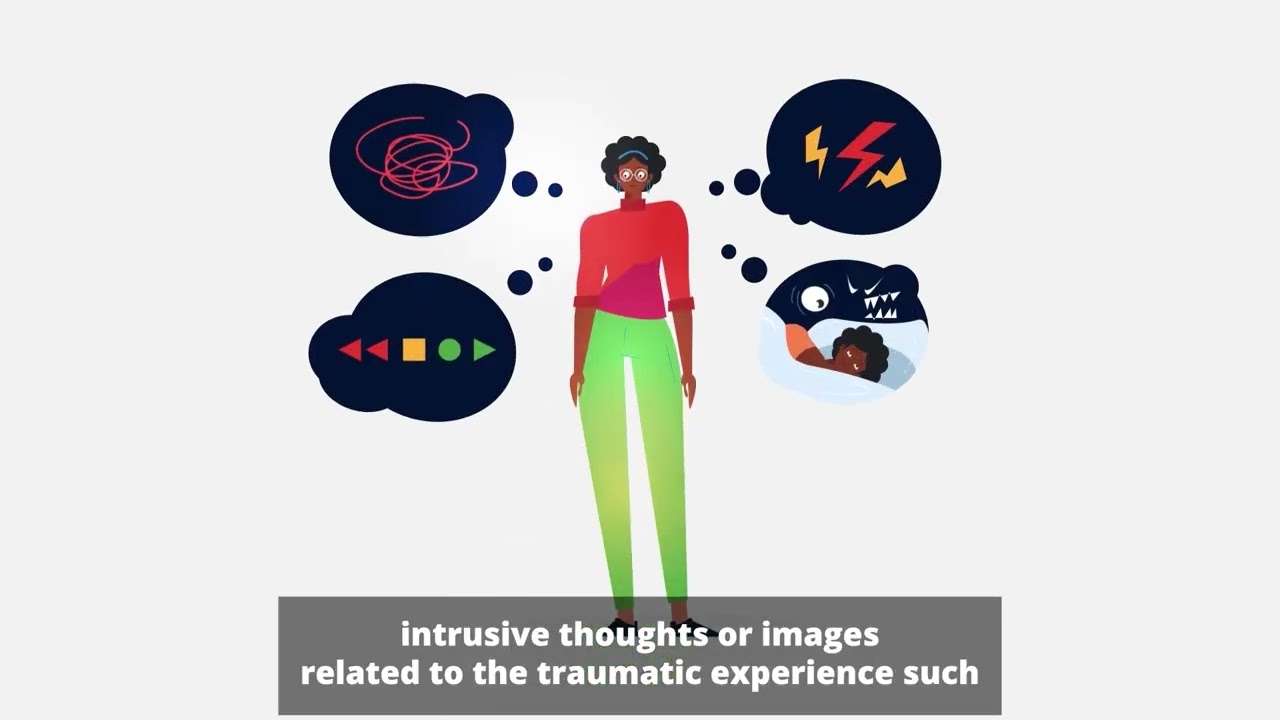A person who is considering a career in clinical psychology may want to know, “Can clinical psychologists prescribe medication?” The answer to this question is that it depends on the location and industry of employment for the clinical psychologist. In the places that do allow clinical psychologists to prescribe medication, the psychologist may need to have additional training, certification or licensure with the state government.
Industries of Employment That Allow Clinical Psychologists to Prescribe Medication
There are several industries of employment that allow a clinical psychologist to prescribe medication. The Indian Health Service, which is a part of the United States Department of Health and Human Services, allows this. The military also allows clinical psychologists to prescribe medications to personnel. Private practice and publicly-employed clinical psychologists are allowed to prescribe medications in a few states, and several additional states are considering legislation that would allow this activity.
States That Allow Clinical Psychologists to Prescribe Medication
As of 2019, three states allow clinical psychologists to prescribe medication. New Mexico granted this authority to clinical psychologists in 2002. Louisiana granted this privilege in 2004. Illinois is the third state to pass this legislation and did so in 2014. It is important to note that in 40 states, advanced practice psychiatric nurses and other types of nurse practitioners can prescribe medications. These two types of professionals are the only types of non-physicians who can prescribe medications.
Additional Training Required for Clinical Psychologists to Prescribe Medication
According to Very Well Mind, each state has its requirements for training and authorizing clinical psychologists to prescribe medication. In New Mexico, a clinical psychologist must complete a minimum of 450 hours of didactic training by an approved entity and at least 400 hours of supervised and documented practice in psychopharmacology to gain authorization to write prescriptions. In Louisiana, a clinical psychologist must complete a post-doctoral master’s degree in clinical psychopharmacology from an accredited university. In Illinois, the clinical psychologist has to receive specialized training in psychopharmacology. After the training, they must finish a supervised clinical rotation in mental health facilities, prisons and hospitals that lasts for a minimum of 14 months.
Pros and Cons of Allowing Clinical Psychologists to Prescribe Medication
There are many benefits to allowing clinical psychologists to prescribe medications. Their services cost less compared to those of a psychiatrist. There are more psychologists than psychiatrists, which means patients have more access to care and may not have to wait as long for an appointment. Rural and poor patients may have an easier time of getting mental health care and medication to treat their conditions. There are also a few cons to allowing clinical psychologists to prescribe medications. They may not have enough medical training to recognize medical versus mental disorders. They may lack knowledge of medication risks and side effects.
Knowing whether or not a clinical psychologist can prescribe medication could affect a person’s choice of college major, post-doctoral studies or other educational and professional pursuits. An individual needs to know their rights and responsibilities when entering the field of clinical psychology. Becoming familiar with the answer to, “Can clinical psychologists prescribe medication?” is important in the selection of a doctoral degree, post-doctoral training and application for a license to practice as a clinical psychologist.
Related Resources:
November 06, 2021 03:55 pm | Updated 03:55 pm IST
While there are rewarding opportunities in the field of mental health, it requires long years of study and practice. One has to be resilient, observant, communicative, non-judgmental, compassionate, and emotionally stable to work in this area, specially as there is much stigma attached to consulting a professional. There are various kinds of mental health professional and terms like psychologist and psychiatrist are used without knowing what they mean.
Not the same
Often, people people assume that Psychiatry and Clinical Psychology are the same. But this is not the case. A psychiatrist is a medical doctor who treats mental illness, primarily examines biological, neurological and biochemical abnormalities and prescribes medicine to treat them. He/she deals with emotional disturbance and abnormal behaviour, and may refer patients to a psychologist after diagnosis and medication for ongoing psychotherapy. Psychiatrists treat people who need help in complex medical and psychological conditions such as severe depression, psychotic behaviour, severe anxiety, schizophrenia bipolar disorder, among others.
Psychologists, on the other hand, are more likely to see people with conditions such as behavioural problems, learning difficulties, adjustment issues in family, office, mild depression and anxiety, which can be treated/managed effectively with counselling. A Clinical Psychologist, however, focuses on how humans think, behave and feel. He/she is an expert in human behaviour, but is not a physician. Hence, he/she cannot prescribe medicines. A Clinical Psychologist works with patients in a therapeutic role, acting as a counsellor to identify and work through personal issues and develop healthy coping mechanisms for emotional problems through methods like psychotherapy. Though all Psychologists can administer basic tests to find out IQ, differential aptitude, personality traits and so on, only clinical psychologists are trained to carry out sophisticated tests TAT, Rorschach, and so on. In most settings, both work in tandem complementing each other.
Basic qualifications
To be a psychiatrist, one needs to do the MBBS degree after which, a two-year PG Diploma in Psychological Medicine (DPM) or three-year MD (Psychiatry) is required. For a Clinical Psychologist, a degree in Psychology followed by a Master’s and then two-year M.Phil (Clinical Psychology) or four-year PsyD, followed by registration with RCI. Entry requirement for both is Masters in Psychology. M,Phil in Clinical Psychology can have lateral entry to PsyD in the third year. Only two institutes in India run PsyD courses: Sweekar Academy of Rehabilitation Sciences, Secunderabad and Amity University, Noida. A few institutions offer a one-year Professional Diploma in Clinical Psychology PD (Cli Psy), which can be done after postgraduation. After this, one can register with the RCI to practice as an Associate Clinical Psychologist under the supervision of a registered clinical psychologist.
Those who are interested in practice of Clinical Psychology can opt for M.Phil or PsyD, whereas those who wish to pursue a career in teaching opt for Ph.D. However a Ph.D. in India is not licensed to practice as a clinical psychologist.
The writer is Senior Resource Person, CIGI (Centre for Information and Guidance India), a career guidance NGO. [email protected]
In the vast majority of cases, psychologists cannot prescribe medications to their patients. However, there has been a recent push in several states to grant psychologists prescribing privileges, and there are actually already a few places where psychologists do have prescribing privileges.
Where Can Psychologists Prescribe Medications?
Psychologists are able to prescribe medications anywhere in the military and the Indian Health Service if they are credentialed in Louisiana or New Mexico. Psychologists can prescribe in five states: Louisiana, New Mexico, Illinois, Iowa, and Idaho.
Professional psychologists gained prescribing privileges in New Mexico in 2002 and in Louisiana in 2004. In 2014, Illinois became the third state to grant prescribing powers to psychologists who hold appropriate training. Iowa granted prescriptive authority to psychologists in 2016, and Idaho followed suit in 2017.
In such cases, psychologists are required to receive proper training and are permitted to prescribe certain medicines used in the treatment of mental disorders.
What Training Do Prescribing Psychologists Have?
What kind of training is needed? In Louisiana, for example, psychologists who want to gain prescribing powers must complete a postdoctoral master’s degree in clinical psychopharmacology, pass a board-recognized national exam, and hold a certificate of responsibility from the Louisiana State Board of Examiners of Psychologists.
- In Louisiana: Psychologists must first complete a postdoctoral master’s degree in clinical psychopharmacology before they can prescribe medications.
- In New Mexico: Psychologists must complete 450 hours of didactic training and 400 hours of supervised practice in psychopharmacology.
- In Illinois: Psychologists must receive specialized training in psychopharmacology. In addition to this training, they must complete a supervised clinical rotation that lasts 14 months and covers a variety of settings including hospitals, prisons, and mental health clinics.
- In Iowa: Psychologists must complete a postdoctoral master’s degree in clinical psychopharmacology. They also need relevant clinical experience in assessment and pathophysiology.
- In Idaho: Psychologists need a postdoctoral master’s degree in clinical psychopharmacology. There are no specific hourly requirements for training.
Psychologists are not the only non-physicians who have been granted prescribing rights. Advanced psychiatric nurses generally have prescriptive authority, although their powers may be limited depending on which state they are in.
Arguments for Prescribing Privileges
Supporters of prescribing rights for psychologists include the National Alliance of Professional Psychology Providers and Division 55 of the American Psychological Association. Advocates suggest that psychologists should be allowed to write prescriptions for a number of different reasons.
On average, 30% of a primary care physician’s caseload consists of people with psychiatric conditions. Primary care physicians prescribe psychiatric medication for an average of 70% of their mental health patients, even though they often have limited training and experience with mental illness. Proponents suggest that many people would be better served by a psychologist who can also utilize other treatment strategies outside of pharmacological interventions.
Some other reasons cited by supporters include:
- Increase accessibility to mental health care
- Allow patients faster access to treatments
- Help rural patients access treatments more readily
- Decrease wait time for treatments; many states face a shortage of psychiatrists, making it difficult for clients to access mental health care in a timely manner.
Arguments Against Prescribing Privileges
Organizations against offering prescribing rights to psychologists include the American Medical Association, the American Psychiatric Association, and the National Alliance on Mental Illness. Opponents cite a number of reasons why psychologists should not be able to write prescriptions, including:
- Insufficient training in medicine and pharmacology.
- Risks of side effects of medications.
- Danger of overlooking medical disorders that might be mistaken for mental disorders.
- Many patients prescribed psychotropic medications also have one or more coexisting medical conditions.
- Physicians and psychiatrists are better trained to determine when and if medications are needed.




